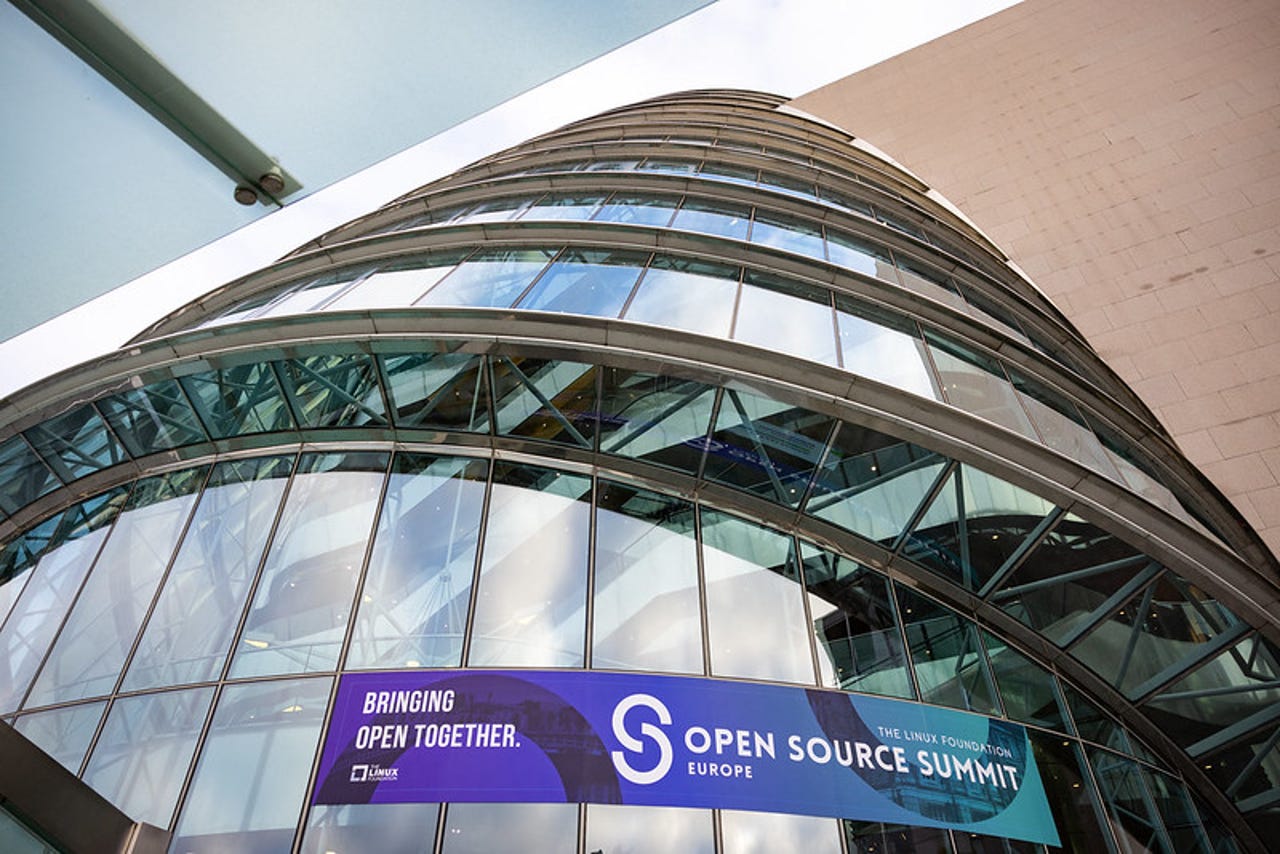'ZDNET Recommends': What exactly does it mean?
ZDNET's recommendations are based on many hours of testing, research, and comparison shopping. We gather data from the best available sources, including vendor and retailer listings as well as other relevant and independent reviews sites. And we pore over customer reviews to find out what matters to real people who already own and use the products and services we’re assessing.
When you click through from our site to a retailer and buy a product or service, we may earn affiliate commissions. This helps support our work, but does not affect what we cover or how, and it does not affect the price you pay. Neither ZDNET nor the author are compensated for these independent reviews. Indeed, we follow strict guidelines that ensure our editorial content is never influenced by advertisers.
ZDNET's editorial team writes on behalf of you, our reader. Our goal is to deliver the most accurate information and the most knowledgeable advice possible in order to help you make smarter buying decisions on tech gear and a wide array of products and services. Our editors thoroughly review and fact-check every article to ensure that our content meets the highest standards. If we have made an error or published misleading information, we will correct or clarify the article. If you see inaccuracies in our content, please report the mistake via this form.
Linus Torvalds: Rust may make it into the next Linux kernel after all


As they do at almost every Open Source Summit, Dirk Hohndel, chief open source officer at the Cardano Foundation, and Linus Torvalds, Linux's founder, talked about all things Linux and the keynote discussion at Open Source Summit Europe in Dublin Thursday. Usually, it's interesting, but there's no breaking news. "Usually." This time was different. Torvalds announced that he would propose adding Rust to the next Linux kernel, Linux 6.1, at the Linux Kernel Maintainers Summit later today.
ZDNET recommends
This had been coming for some time. Torvalds hinted to me the day before in an exclusive interview that this move was coming. "It's been going on long enough that we just need to merge it because not merging it isn't helping anything. And it is going to happen."
We'll know later today if Rust makes it in. I expect that it will.
The Rust programming language has already become Linux's de facto second Linux language. It has several advantages over C, Linux's root language. The biggest of these is it's much better at memory security than C is. Managing C memory problems is a never-ending task for developers.
Torvalds also told me in our interview that another reason he wants to see Rust in the kernel is to encourage new developers to start working on the kernel. "Rust is one of those things that I think might bring in new faces," he said, and, "We're getting old and gray."
It also doesn't hurt any that, as security becomes ever more important, The Rust Foundation, with help from the Open Source Security Foundation (OpenSSF) Alpha-Omega security project, just launched a dedicated security team to assess and improve the language's security.
Also: The future of the web will need a different sort of software developer
The dynamic Linux duo also talked about how the recently released Linux 6.0 was "Boring, but boring's good." It means, as Hohndel put it, we're not having "outliers where things go crazy." Torvalds added that to him, "The release numbers are just arbitrary placeholders. I wanted 6.0 to be boring."
Version 6.1, however, will be different. Even if Rust doesn't make it in, there will be significant improvements. Indeed, some of the oldest and most fundamental parts of the kernel, such as printk(), will be improved. Torvalds recalled that printk was, "Literally the first thing that we added to the kernel because the first thing you want to do is show things on the screen." Nevertheless, Wednesday at the Linux Plumbers Conference, "We had a room full of people excited enough to raise their voices and talk over each other about printk."
To the unspoken question, "Yes," Torvalds smilingly agreed, "Kernel developers are a little strange."
Moving on, Torvalds also talked about his new Apple MacBook Air with an M2 processor, on which he runs Fedora Workstation 36. He reported, "I'm very happy so far."
This led to a discussion of processors in general. Torvalds recalled how decades ago, Intel tried to convince him that the Itanium CPU would be the processor. He told them, "No, that's not going to happen because [there's] no development platform. ARM got it right."
Of course, more work for Linux-friendly ARM development platforms needs to be done. Another problem, Torvalds said, is that ARM processors are like a "Wild West of crazy hardware companies that do custom chips for different jobs." Still, he said, while "that was a huge issue when the initial iron was new, today there are enough standards around to make porting kernels to ARM processors easy."
Related stories: